Backlinks remain one of the strongest factors for higher search rankings and authority. But many people still believe link building is all about cold emails, directories, or paid links. The truth is, social media and online communities can be just as powerful. When you share insights, engage in meaningful discussions, and provide resources that solve problems, people naturally reference your content on their websites. This not only grows your traffic but also builds your reputation as a trustworthy voice online. Let’s break down how you can use social platforms step by step to earn high-quality backlinks.
Why Social Media Helps in Link Building
Social platforms are not just for sharing personal updates—they are powerful search ecosystems where creators, bloggers, and journalists actively look for information. Unlike traditional outreach, which often feels one-sided, social engagement builds connections in a more natural way. When you consistently contribute value, people notice your expertise and begin citing your content without you even asking.
- Visibility across industries – Writers and bloggers from all niches scroll through LinkedIn, Reddit, and Twitter/X to discover new ideas. By posting helpful content, you put yourself in front of the very people who can link to your site.
- Social proof through engagement – A post with many shares, likes, and comments signals authority. Content that performs well socially is more likely to be cited as a trusted source.
- Relationship-driven linking – People link to those they trust. When you participate in discussions and offer genuine help, you build credibility that later translates into backlinks.
- Low-cost strategy – Most social platforms are free to use, which means beginners can start link building without investing huge amounts of money.
If you want to move beyond social posting and contribute articles on authoritative websites, a platform like Oficly can help by connecting you with publishers who accept guest posts.
Building the Right Foundation
Before you dive into communities and start posting, it’s important to build a strong foundation. This includes preparing the kind of content people want to link to, setting up a consistent posting plan, and making sure your website is optimized. When you lay this groundwork, every link you share feels natural rather than forced, and readers are more likely to trust your resources.
- Provide value before promoting – Communities dislike spam. Instead of pushing your links immediately, show expertise by answering questions and sharing experiences. Over time, people will start requesting your resources.
- Respect each platform’s culture – Reddit, LinkedIn, and Facebook Groups all have different tones and rules. On Reddit, detailed posts without self-promotion work best, while LinkedIn welcomes thought-leadership posts that include links.
- Stay consistent – A single viral post will not bring long-term backlinks. Posting consistently two to three times per week builds recognition and trust over months, leading to more natural link opportunities.
- Track your outcomes – You cannot improve what you don’t measure. Use tools like a backlink checker to monitor where your links are appearing and which platforms are giving you the best results.
Choosing the Best Platforms and Communities
Not every platform will suit your niche. For example, SaaS companies perform well on LinkedIn and Twitter/X, while hobby niches thrive in Facebook Groups or specialized forums. Choosing the right platforms means your content reaches the people who are most likely to link to it.
- LinkedIn for B2B content – Professionals use LinkedIn daily for industry updates. If your website covers careers, SaaS, or digital marketing, posting here puts you directly in front of business decision-makers who often run company blogs.
- Twitter/X for fast-moving trends – Journalists and bloggers use Twitter/X to follow breaking news. If you post quick insights or original data, they may reference your content in articles almost instantly.
- Reddit for in-depth discussions – Subreddits often reward well-written guides and data-backed posts. If your content adds real value, Redditors will not only upvote it but also cite it in their own blogs.
- Facebook Groups for lifestyle niches – Communities around pets, fitness, travel, and health thrive on Facebook. When you share checklists or guides here, group members often link back to your resources in their own networks.
To keep your new posts searchable and useful, always verify that your web pages are indexed properly. You can do this easily with Accu Index Check, which confirms if your content is appearing in Google’s search results.
Creating Content People Want to Link To
Links happen when your content solves problems. Before you begin posting, make sure you’re creating assets people actually want to reference. These should be easy to understand, actionable, and ideally, something people cannot find elsewhere in the same quality.
- Step-by-step guides and tutorials – Clear how-to content remains one of the most linked resources. Bloggers love citing simple instructions that help their readers.
- Data-backed research – Even small surveys or polls can turn into link-worthy statistics. Writers often need fresh numbers to support their arguments.
- Templates and checklists – Practical resources like content calendars, SEO checklists, or budgeting templates are widely shared and linked across blogs.
- Case studies with results – Real examples, such as “How we doubled traffic in 3 months,” add credibility. People reference case studies when writing about strategies.
- Visual content like charts – Infographics, comparison tables, and flowcharts are easy to embed. Every embed usually comes with a backlink to your site.
For deeper guidance on link-focused content strategies, the Oficly blog regularly publishes helpful case studies and examples you can learn from.
Sharing Content the Right Way
Posting your link directly is rarely effective. Instead, you need to adapt your content to the format of each platform and build curiosity before adding a link. This creates a smoother user experience and makes people more likely to click through.
- Threads for detailed breakdowns – On Twitter/X, summarize your full guide in a short thread, then link to the complete resource at the end. Readers appreciate the free value and are more likely to click.
- Carousels and infographics – On LinkedIn, visual slides that summarize your main points often get high engagement. Once the slides grab attention, you can direct people to the full article.
- Community-first answers – In Reddit or Facebook Groups, answer questions directly with detailed advice. After helping, you can mention that you wrote a more detailed piece and drop your link.
- Videos and demos – Short videos explaining one process step are great for Facebook or Instagram. Viewers who want the full explanation can follow your article link.
To see which posts bring backlinks, you can check your referral traffic and analyze mentions through a reliable backlink checker blog, which shares tutorials on link tracking.
Keeping Engagement Consistent
Consistency is the secret ingredient of social link building. Even if one post doesn’t bring backlinks immediately, regular contributions build trust over time. Think of it like planting seeds—you won’t see results overnight, but with steady effort, links will grow naturally.
- Daily micro-engagement – Spend 10–15 minutes replying to comments, liking other people’s posts, and adding helpful insights. Small interactions keep you visible.
- Weekly long-form content – At least once per week, share a major post such as a thread, article link, or infographic. These are the assets most likely to attract backlinks.
- Monthly collaborations – Team up with another creator for a joint post, podcast, or live discussion. Collaboration exposes your content to new audiences who may cite your work.
- Quarterly experiments – Try a new format every few months, like surveys or challenges. If successful, these can generate dozens of natural links.
To make sure these posts get discovered by search engines, double-check indexing through the Accu Index Check blog which covers simple tutorials on ensuring visibility.
Conclusion
Building links through social media and online communities is not about shortcuts—it’s about showing up consistently, creating content people want to reference, and helping others without expecting immediate returns. When you contribute valuable insights in the right platforms, you’ll see your content naturally spread, get cited, and eventually earn backlinks.
Focus on quality over quantity, track results with reliable tools, and always adapt your approach based on what engages your audience. Over time, this steady and authentic effort will grow your authority, bring in consistent traffic, and boost your rankings in search engines.



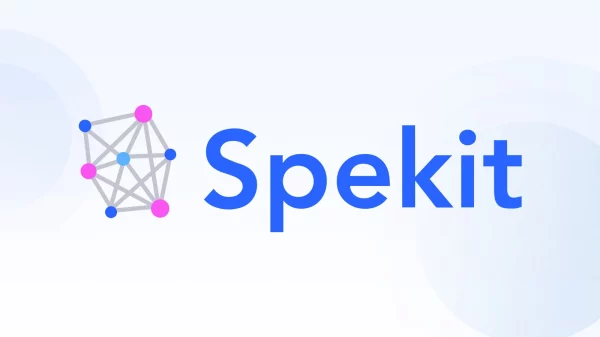
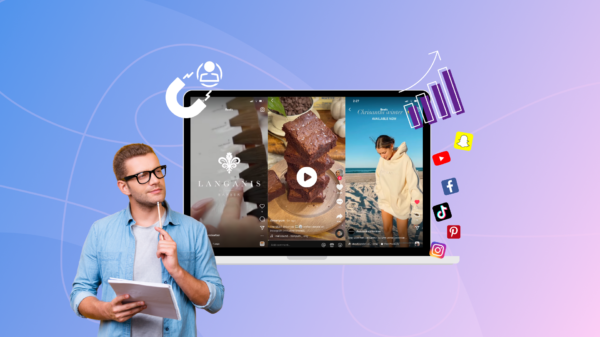


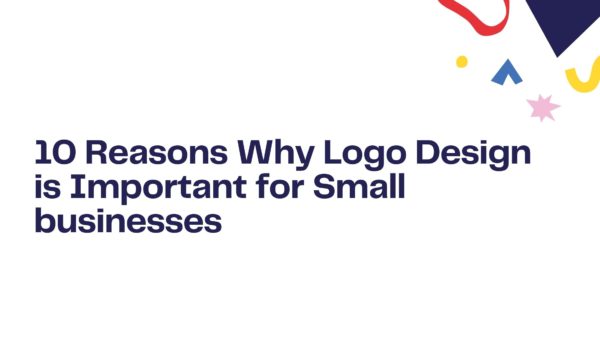

















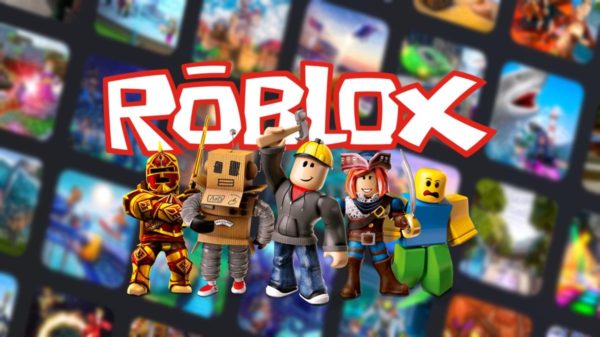
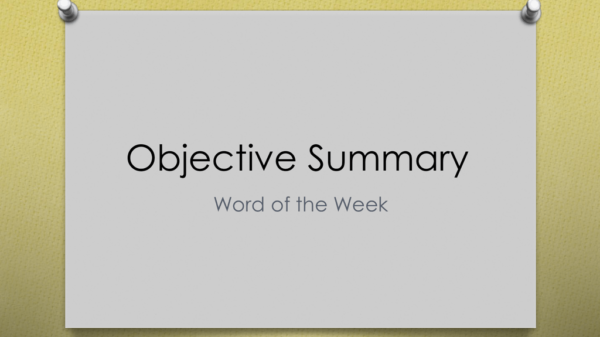










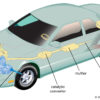




You must be logged in to post a comment Login